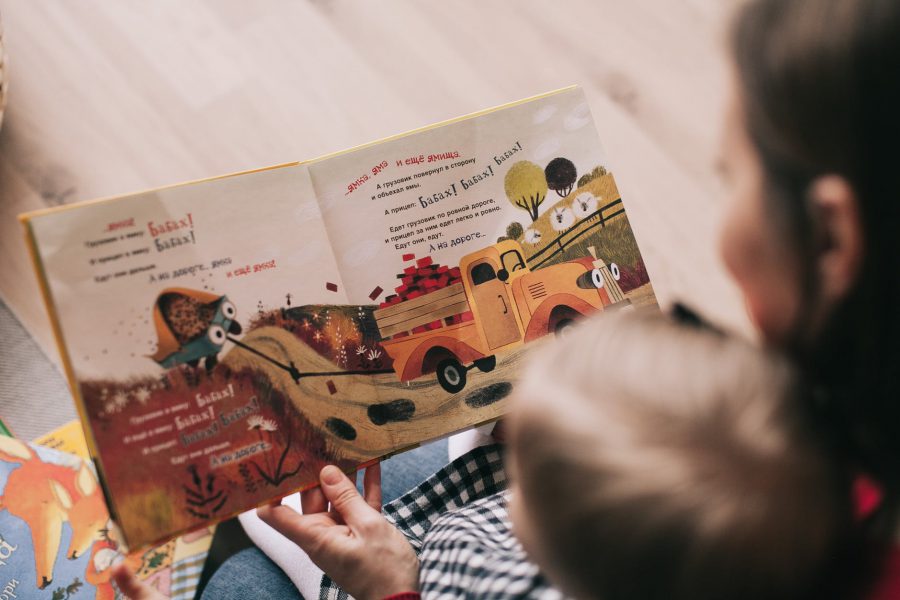
Reading is a vital skill that builds the foundation of almost everything else your child will learn throughout their life. Learning how to read — and, more importantly, learning how to enjoy reading — is one of the key factors in your child’s academic success. Nationwide statistics also show that low levels of literacy can make it harder for a child to succeed later on in life.
Aside from aiding your child’s education, reading comprehension has also been proven to improve their overall quality of life. Kids learn to set goals for themselves, reflect on what they read, and even develop empathy. In fact, psychologists from Maryville University point to newly explored connections between learning success and mental health that reveal how a child’s happiness and emotional wellbeing are intricately tied to how well they learn about the world around them. Parents are in a unique position to foster and nurture these behaviors, as a love for reading can start at home.
Read often
It’s often the simplest tips that reap the biggest results. Getting into the habit of reading at home can make your child learn to love the activity, and even lead to them wanting to read on their own. In this regard, The Children’s Literacy Foundation cites regular reading as a tip that should be practiced in every household. You don’t have to stick to just reading before bedtime; find what time works best for you and your child, and just remember to stick to it.
Process it verbally
Asking your child about what they read encourages them to absorb the content rather than just passively skimming through the words. Questions during and after a reading session can help your child focus on the themes covered by the book. You can also ask questions before the reading session; asking your child why they’re excited to read the book builds anticipation for their reading session, while simultaneously fostering critical thinking and hypothesis testing.
Sound it out
Whether your child is just starting to read or needs an extra push, phonetic work is a great way for parents to supplement what their child is learning at school. Researchers from the University of Royal Holloway found that phonics is better for building comprehension than simply teaching your child the meanings of words. Breaking a word down to its sound components helps children recognize patterns and string different sounds together, leading them to develop comprehension skills that are crucial to further reading.
Focus on literary fiction
What should your child be reading? The Scientific American suggests that certain kinds of books might be better than others when it comes to cultivating your child’s emotional intelligence. Literary fiction in particular, like Madeleine L’Engle’s A Wrinkle in Time or Norton Juster’s The Phantom Tollbooth, focuses on characters’ relationships with one another and their psychology. These books can help children get in touch with their own emotions, making them aware of how they react to the people around them and help them have a better understanding of printed stories.
Re-read books
You don’t have to stress over making sure your child always has something new to read. Re-reading books, even simple ones, helps promote literary fluency. Picking up an old book can help your child read faster and with better comprehension. Moreover, your child may also pick up a new lesson when re-reading a book, or even see a character in a different light.
Exclusively written for CLiF
By TheLearningBlock



